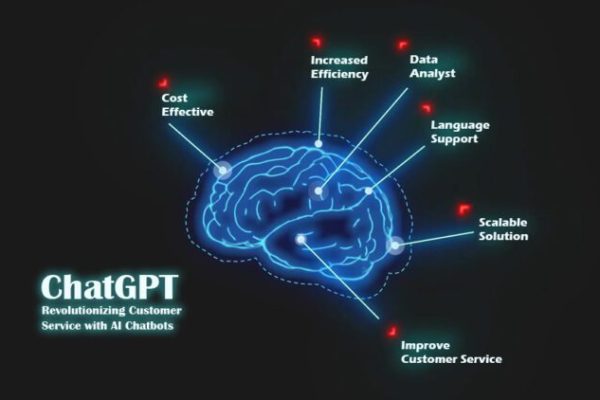Relief is on the minds of millions of people due to the credit industry problems and the huge levels of consumer debt in the U.S., but what do people really mean when they talk about debt relief? Are there programs that will simply get rid of your debt so you can start anew?
Actually yes, there are debt relief programs that can help you do that, but it’s not really that simple. After all, you don’t get something for nothing, although it could be argued that if you get a portion of your debt eliminated, you actually did.
There is some confusion among many debtors about the differences between the various debt relief programs. Are debt settlement, debt relief and debt counseling all synonymous? Actually no, they’re not. They actually mean different things, and if you choose to avail yourself of one of these options to handle your debt, the option you actually choose could have long lasting effects on your credit and future financial picture.

Debt settlement is a term that most often refers to the process of negotiating with creditors to only repay a portion of a debt. Although that may sound like a fantastic option to many creditors, remember the whole free lunch thing. Using debt settlement services will impact your credit in a negative way and affect your ability to secure future credit, and the interest rates you pay for years to come. There are a few basic ways that these programs work, and before you enter into any such program you absolutely must go over any agreement with a fine toothed comb, preferably with the advice of an attorney who’s well versed in such matters. It may seem like spending money to seek the advice of an attorney may just be compounding your debt problems, but a few hundred dollars up front may save you thousands of dollars and some financial migraines later.
Some debt settlement firms will simply charge you a flat fee for their services, but the more common scenario is for them to charge you either a percentage of the total outstanding debt or a portion of the savings they provide through the negotiated settlement. With most debt relief negotiations, the debt relief company will negotiate a settlement with each of your creditors that will represent between 40% – 50% of the original debt amount. They must negotiate independently with each credit card account. Debt relief companies can handle other types of debt as well, but credit cards are far and away the most common. Typically only unsecured debt is negotiated through this process, as unpaid secured debt will be satisfied by the creditor repossessing the security for the debt, such as a vehicle or land.
As the debtor, you will be required to set up a debt repayment plan for the agreed upon amount with each open account. This will include the payment to the debt relief company, the creditor, and the time frame for the repayment plan. You will then make payments either into an account set up by you, or an escrow account set up by the debt relief company. Once you have accumulated the requisite amount your debt will be satisfied. The process repeats with each debt until all your debts are paid at the individually agreed upon amount.

This is one of the places where things can go wrong for you as the creditor. Stories abound of less than scrupulous debt settlement companies simply keeping all the funds you’ve already paid should you miss a payment. This does happen, and needless to say that could cost you a bundle. If you feel that you realistically will not have the money to maintain such a settlement plan, you may want to consider another option, but even more important is to thoroughly evaluate any such agreement before you enter into it.
This highlights the importance of having a qualified, independent party look over the contract before you sign it. If you sign a contract that permits the firm to keep any funds paid to date should you miss a single payment, it’s really your fault for such a debacle. If you feel such a clause is worth it in order to secure a substantial reduction in the amount of your debt, that’s a decision only you can make. Remember that you will have your debt reduced a substantial amount, but there is also the debt company’s fee to consider when calculating your total savings. In total, the savings may not be as large as you think.
The process lasts from 1 – 4 years in the majority of cases. It is exceedingly rare for the debt relief company to offer any sort of guarantee for their services. The key is that you should be using this technique as a way to avoid bankruptcy.











































